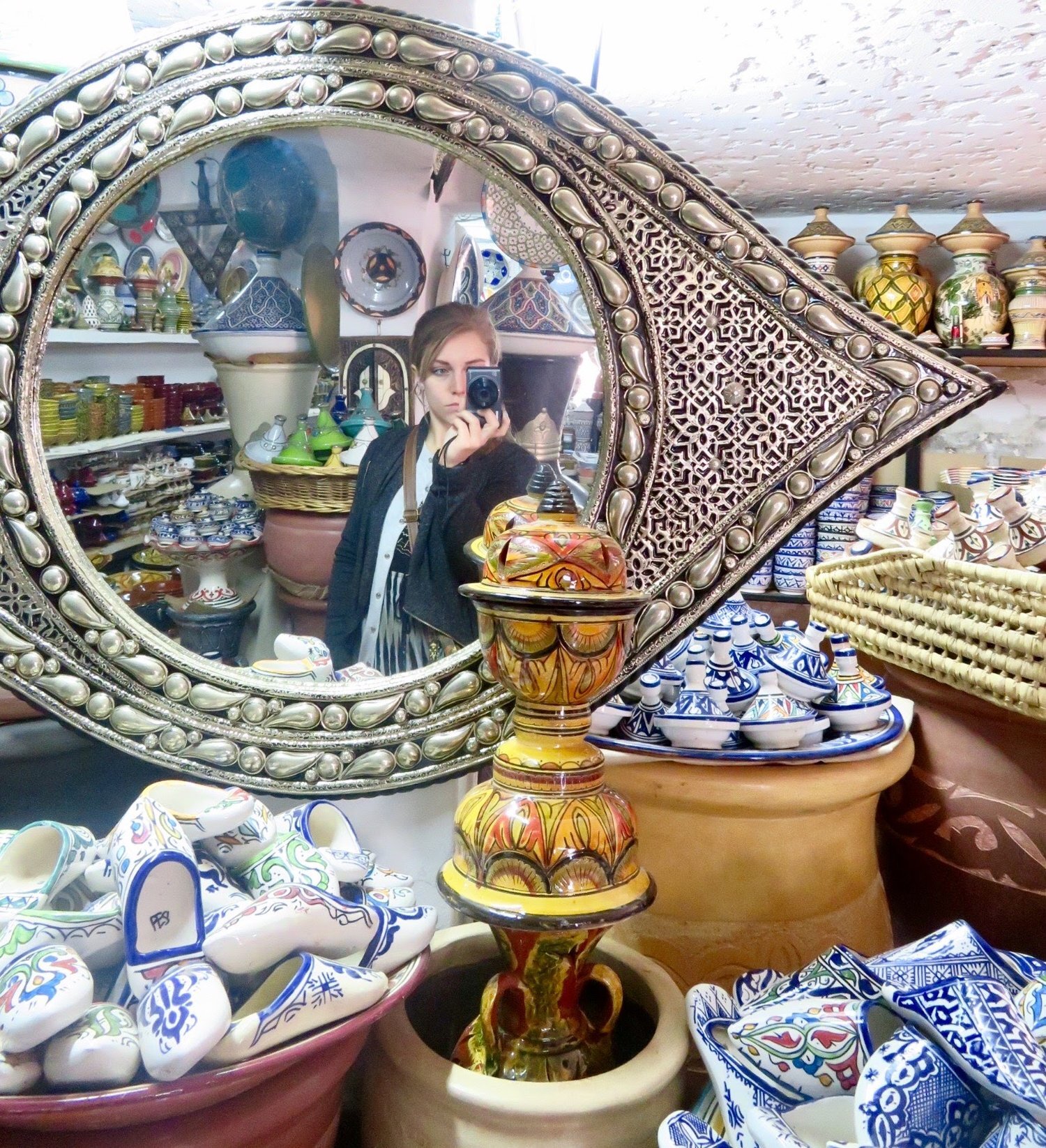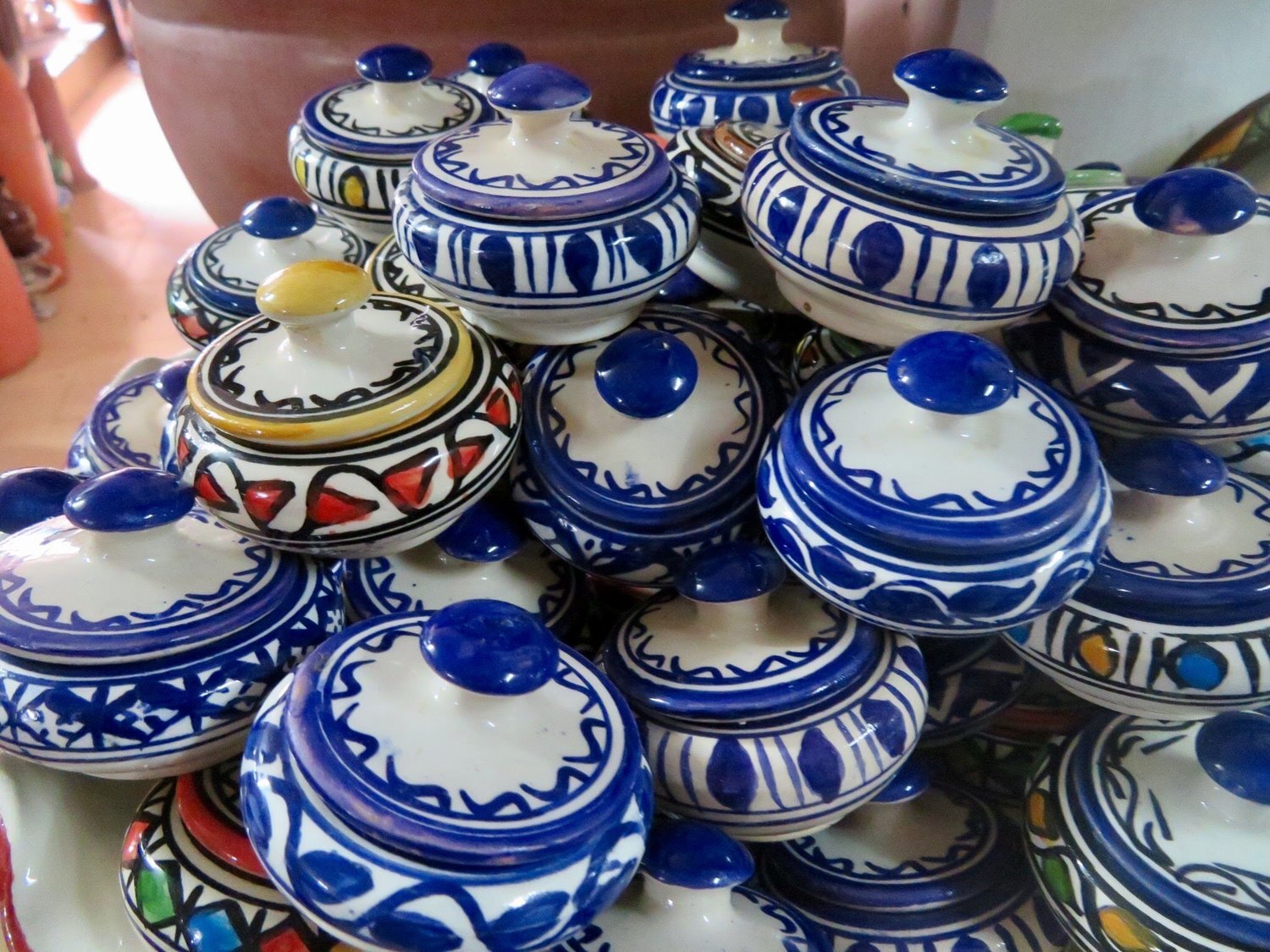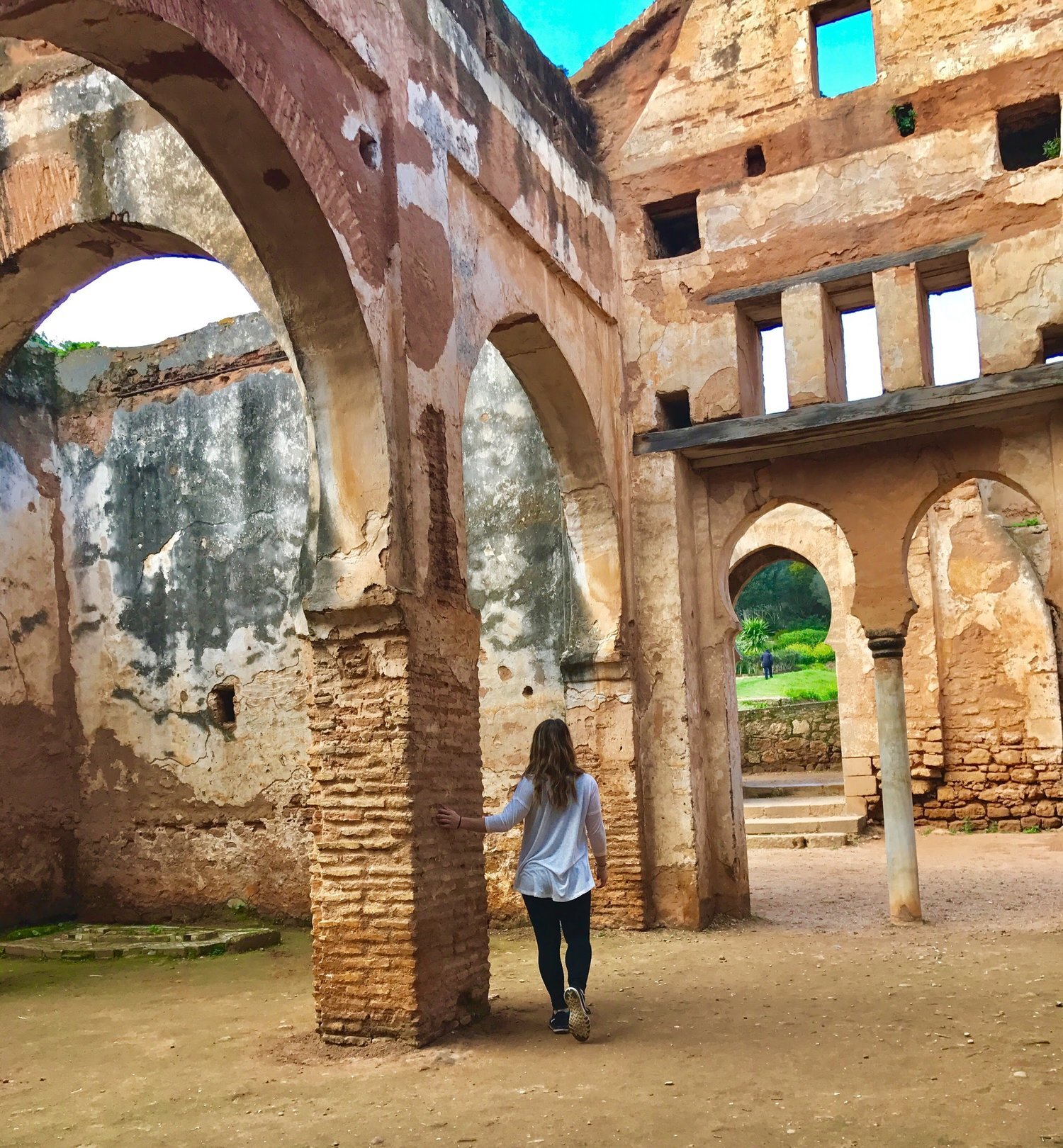Hit by a Motorcycle in Marrakech
For centuries, the notion that travel is unsafe for women has been deeply entrenched in societal beliefs, morals, and religion. In many countries, laws prohibit women from traveling without male accompaniment or permission. However, in present-day America, we are beginning to understand that to confront the harsh realities of the threats women face, we must strive to create a safer world rather than shy away from danger. This shift in awareness has been fostered by courageous women who refuse to let their dreams be confined by gendered boundaries. These women have inspired me to chart my own course, traveling the world with only the limitations I set for myself.
Before my semester abroad in Morocco, I received a barrage of safety lectures, warnings, and well-intentioned prayers. While I was confident I would be fine, the incessant focus on safety, rather than encouraging messages like "Study hard!" or "Take lots of pictures!" began to feed my paranoia. I mentally prepared myself for any situation, knowing I might face stares, catcalls, and possibly even sexual harassment as a foreign female. While I wasn’t afraid, the impromptu self-defense lessons started to instill a fear of assault deep within me.
I lived in Meknes, a small, conservative city in North Morocco, where the old city (medina codima) and the new city (medina jadida) are distinct. Many American students studying in Meknes reside with families in the new city, which has a more French-influenced atmosphere, to blend in. However, I and three other American girls chose to live in the old city, where we walked through the souq (local street market) every day to get to class. We faced harassment constantly, which took a toll on me. I felt angry, frustrated, and eventually depressed. I struggled to understand the culture of this traditional city, and though it was a significant culture shock, I had to accept it. This isn’t to say that catcalling and sexual harassment are acceptable, but in many ways, it just didn’t seem like such a big deal. I was fortunate to never experience sexual assault, and there were only a few instances where I had to firmly tell young boys not to grab or touch me to get my attention.
One particular incident, however, pushed me over the edge. It made me forget all the advice about letting things slide and brought me back to aggressively confronting Moroccans in a mix of Arabic and English—Arabeezee, as we jokingly called it. I had developed a habit of giving harassing men the middle finger, a universal gesture of disdain.
While exploring the streets of Marrakesh, I was struck by a motorcycle. Thankfully, it was a minor incident, and I wasn’t seriously hurt. However, what followed was deeply upsetting. After being thrown forward and struggling to stay upright, I turned to the man whose motorbike had hit me. He seemed upset and spoke to me in French, which I didn’t understand. An old bystander rushed over and instead of checking if I was okay or reprimanding the man on the bike, he began yelling at me in Arabic, calling me a ‘dumb girl’ and telling me to watch where I was going. "Seriously? He hit ME!" I responded in English, but he didn’t understand. After dusting myself off and ensuring I was physically okay, I walked away emotionally shaken. As the adrenaline wore off, my face burned with frustration, and I fought back tears, pushing my sunglasses down to hide my eyes from my friends.
Back in Meknes, I resumed my studies, completing the semester and saying difficult goodbyes. I made lifelong friends, sisters even, who will remain strong influences in my life. This experience in Marrakesh mirrored my overall feelings about being a foreign woman in Morocco. I felt insignificant and powerless—no more than an inconvenient obstacle in Marrakesh.
To be clear, my time in Morocco was amazing, and I learned invaluable lessons. The biggest challenge I faced as a strong-minded, independent woman in the Middle East was realizing that I wasn’t entitled to special treatment or the ability to change their culture. My roommate reminded me that I was in their country. I had to let go of all preconceived notions and comparisons to my home country and simply listen and learn. Through this, I not only discovered more about myself but also learned the virtues of patience, love, and, most importantly, acceptance.




